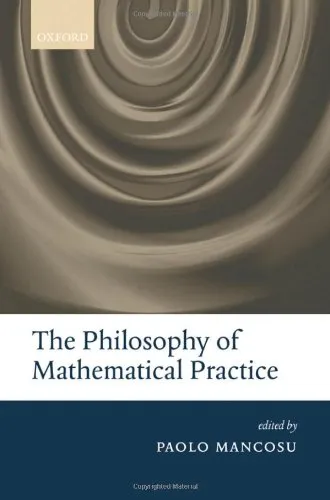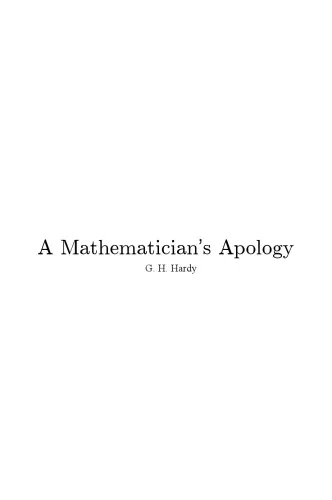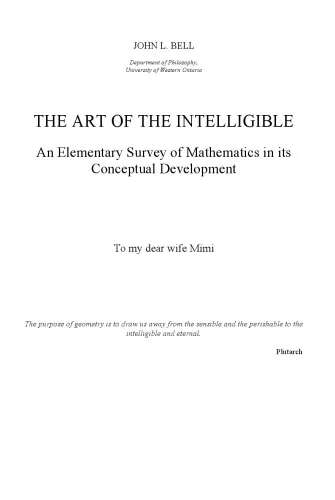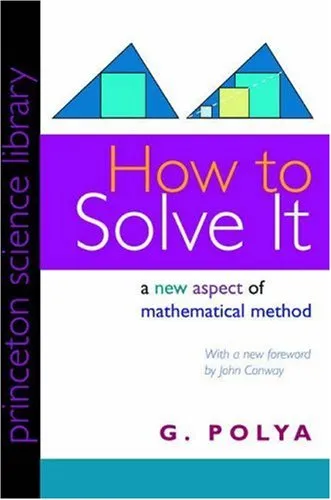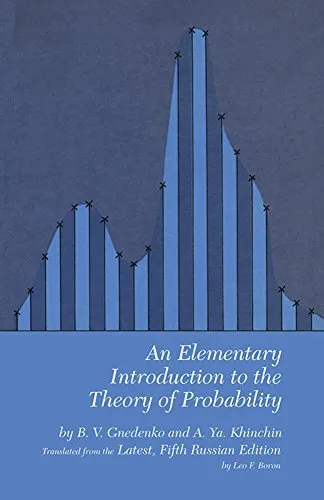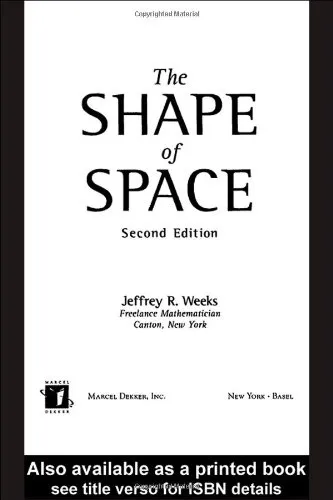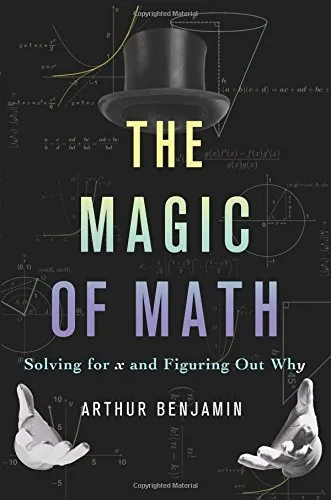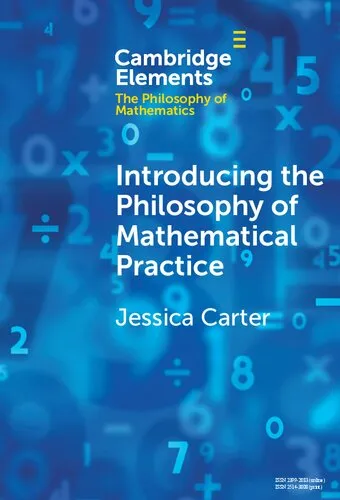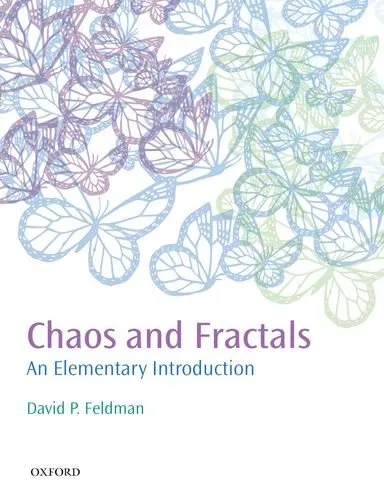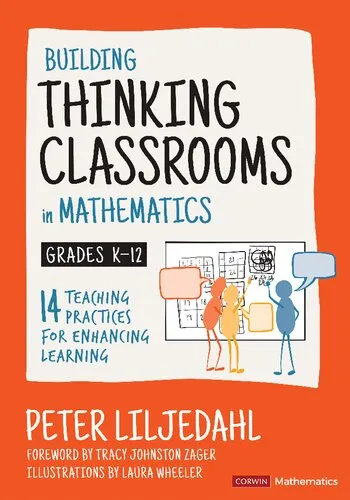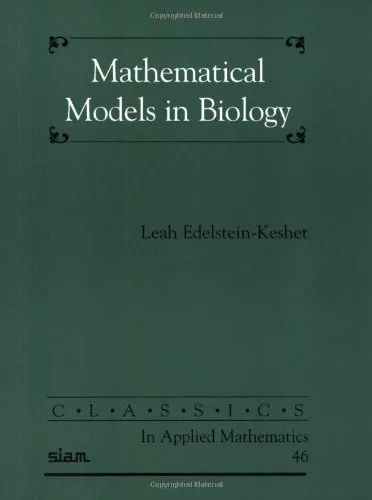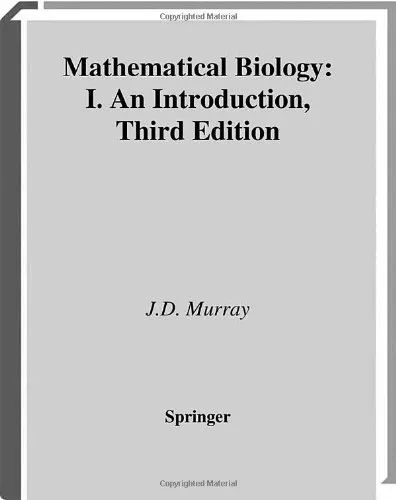The Philosophy of Mathematical Practice
4.6
Reviews from our users

You Can Ask your questions from this book's AI after Login
Each download or ask from book AI costs 2 points. To earn more free points, please visit the Points Guide Page and complete some valuable actions.Related Refrences:
Introduction to "The Philosophy of Mathematical Practice"
"The Philosophy of Mathematical Practice" by Paolo Mancosu represents a groundbreaking contribution to the evolving dialogue between mathematics and philosophy. The book delves into the processes, methodologies, and human dimensions of mathematics, moving beyond the traditional focus on formalism and foundational questions. By exploring how mathematics is actually created, communicated, and applied, this work reshapes our understanding of the discipline and its practices.
This volume challenges the conventional emphasis on purely abstract principles in mathematics, offering instead a nuanced exploration of the nuanced practices that guide mathematicians. From heuristics to visualization, and from proofs to historical context, "The Philosophy of Mathematical Practice" provides a comprehensive account of how mathematical knowledge is constructed and shared. Its relevance reaches not only mathematicians, but also historians, philosophers of science, and anyone interested in the deeper meanings and purposes of mathematics.
Detailed Summary of the Book
The book unveils a refreshing perspective on mathematics by shifting the philosophical lens to the methods and actions of practicing mathematicians. Unlike traditional studies that center around axiomatic systems, the primary focus here is on real-life processes such as problem-solving, conceptualization, and the roles of intuition and creativity.
"The Philosophy of Mathematical Practice" is structured around several themes. It examines the historical and cultural contexts in which mathematical ideas emerge and evolve. One chapter, for instance, analyzes how diagrams and visual reasoning play a role in mathematical discovery. Another explores the relationship between formal proof systems and informal, intuitive reasoning.
Furthermore, the book engages with the ways collaborative methods shape mathematics. Highlighting the importance of workshops and mathematical communication, it provides a sociological lens into a subject often viewed as isolated. Mancosu also evaluates the intersection of mathematics with other scientific fields, illustrating how interdisciplinary collaboration enriches mathematical practice.
Each chapter works as a standalone discussion while collectively painting a comprehensive picture of mathematical endeavor. Whether it's historical narratives, case studies, or philosophical arguments, the text offers a vibrant and compelling picture of mathematics as a human pursuit.
Key Takeaways
- Mathematics is not only about abstract truths but is deeply embedded in human practices, creativity, and collaboration.
- Visualization and intuition are integral to mathematical reasoning, often complementing symbolic and formal methods.
- The historical and cultural contexts of mathematical ideas enrich their understanding and appreciation.
- Collaboration and communication in mathematics show the discipline as a collective intellectual effort, rather than an isolated pursuit.
- Mathematics intersects with other sciences, proving its relevance as a universal intellectual endeavor.
Famous Quotes from the Book
“Mathematics is not just a corpus of abstract results but a dynamic activity carried out by human beings.”
“The interplay between rigorous formalism and intuitive insight is what drives mathematical discovery.”
“To understand mathematics, one must not only look at the theorems but also at the practices behind their creation.”
Why This Book Matters
"The Philosophy of Mathematical Practice" is a transformative book for several reasons. It provides a much-needed balance to the prevailing obsession with formalism and foundational issues in the philosophy of mathematics. By turning our attention to the actual practices of mathematicians, it highlights the roles of creativity, intuition, and social interaction in shaping mathematical knowledge.
For educators, this book is an invaluable resource to rethink how mathematics is taught, focusing not only on results but also on the processes that yield them. For researchers in philosophy and science, it offers new methodologies to explore the dynamics of how knowledge is generated in mathematical practice.
This book also bridges communities—mathematicians, philosophers, educators, and historians—demonstrating that mathematics, though abstract, is as much a humanistic activity as it is a logical one. Its interdisciplinary richness ensures a lasting impact on the fields of philosophy, mathematics, and beyond.
Free Direct Download
You Can Download this book after Login
Accessing books through legal platforms and public libraries not only supports the rights of authors and publishers but also contributes to the sustainability of reading culture. Before downloading, please take a moment to consider these options.
Find this book on other platforms:
WorldCat helps you find books in libraries worldwide.
See ratings, reviews, and discussions on Goodreads.
Find and buy rare or used books on AbeBooks.
1446
بازدید4.6
امتیاز0
نظر98%
رضایتReviews:
4.6
Based on 0 users review
Questions & Answers
Ask questions about this book or help others by answering
No questions yet. Be the first to ask!
